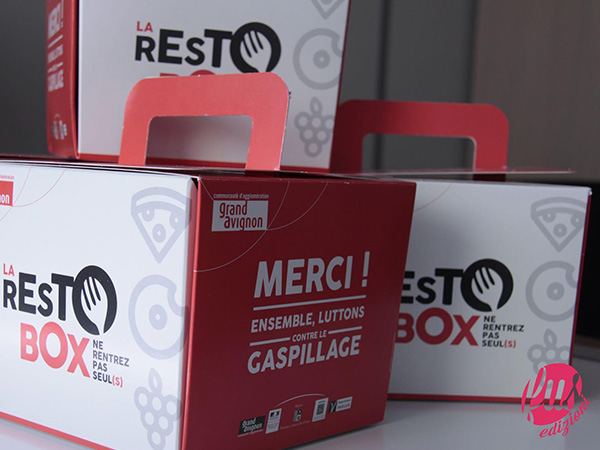The doggy bag has been returning to fashion in the last few years. Spain has declared war on food waste with heavy fines. That’s why packaging makes the difference.
In Italy, the doggy bag has always been a low social class costume, but it is now rising. In the United States, instead, this custom has been the norm for years as the portions are notoriously quite generous. Nonetheless, overseas food waste is among the highest in the world.
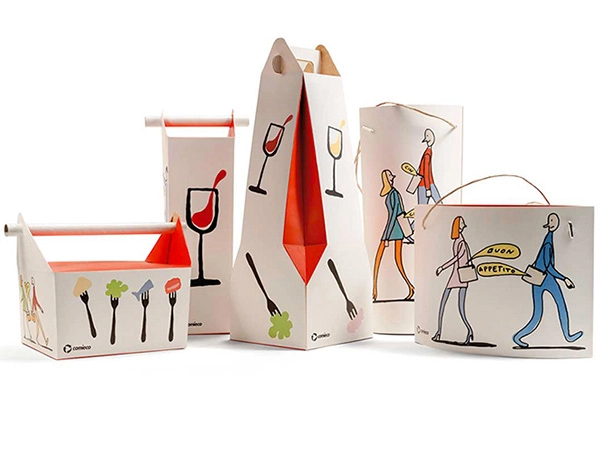
Spain is trying to change the rules of the game. There is talk of fines of up to 500 thousand euros for activities that do not circularly dispose of leftovers.
The rationale for the doggy bag
In Spain, according to the proposal made by the Minister of Agriculture, there must be a strict hierarchy against waste. It starts from the takeaway bag or the donation of food for human consumption, passing through the transformation of leftovers into other food. Then comes the conversion into animal feed, up to composting and use as a fuel.
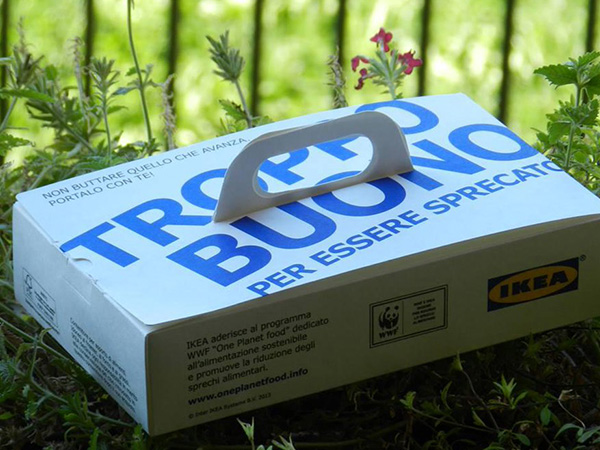
The situation in Italy is similar, but no updated regulatory framework exists. We are virtuous in a separate collection, in food education in schools, and the organization of projects such as the food bank. However, Coldiretti estimates it could fill the tables of over 3 million families by reducing food waste.
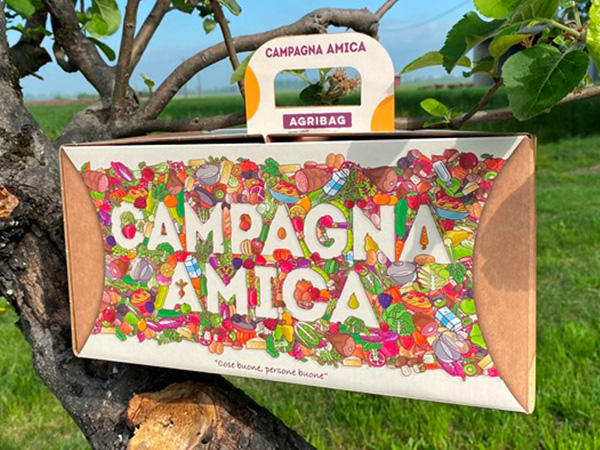
Packaging for doggy bags
Whether you donate leftovers to associations or customers decide to take a doggy bag home, you need to organize the packaging.
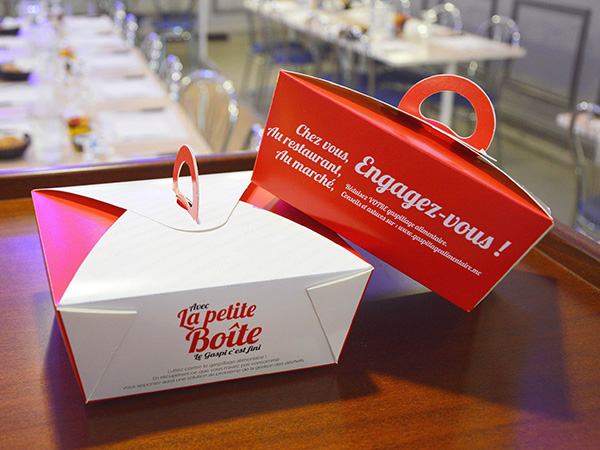
We have various formats that are particularly suitable for the food segment. Thanks also to the polythene, they guarantee the correct preservation of the contents without grease stains.
